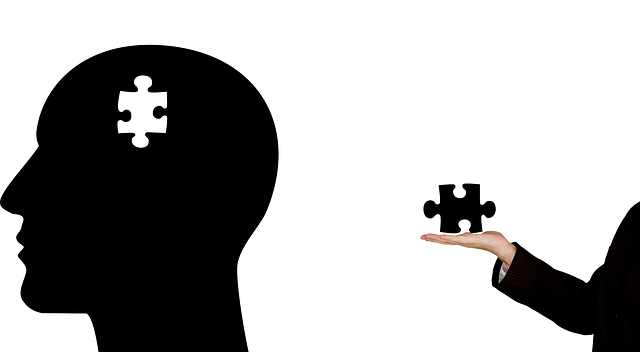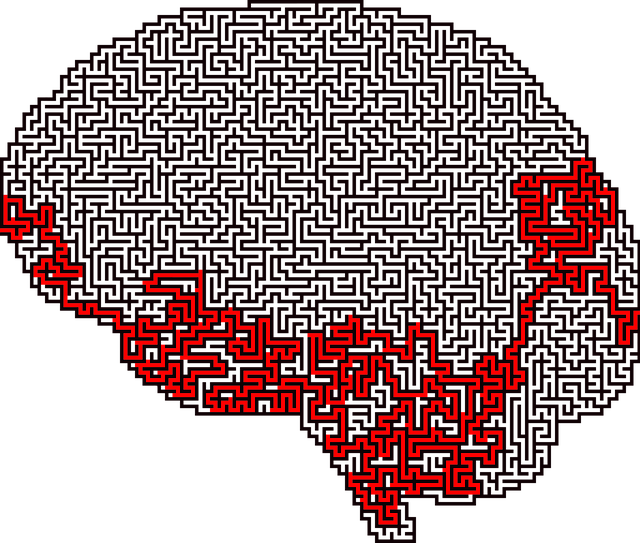Centennial Autism Spectrum Disorder (ASD) Therapy employs a comprehensive RFM (Relational, Functional, Mindfulness) approach to enhance well-being for individuals with ASD. By integrating relationship building, emotional regulation skills, and practical coping strategies, therapists create a nurturing environment that fosters growth and resilience. This model, coupled with advocacy groups, cultural competency training, and Trauma Support Services, improves access to quality care tailored to the unique needs of ASD individuals. Resilience-building exercises focus on emotional intelligence and mindfulness techniques to manage feelings effectively, boosting coping abilities and mental health for individuals with ASD, both inside and outside the therapy room.
“Unleashing resilience is a pivotal aspect of supporting individuals with Autism Spectrum Disorder (ASD). This article explores the powerful concept of RFM (Rest, Focus, Movement) and its transformative impact on ASD therapy. We delve into how RFM exercises enhance coping abilities, offering a structured approach to navigate sensory challenges and emotional regulation. By integrating these strategies into Centennial autism spectrum disorder therapy, professionals can foster long-term benefits, promoting self-management skills and improved overall well-being for clients.”
- Understanding RFM and Its Impact on Individuals with Autism Spectrum Disorder (ASD)
- The Role of Resilience Building Exercises in Enhancing Coping Mechanisms
- Practical Strategies for Incorporating RFM into Therapy Sessions
- Long-term Benefits and Applications in Centennial ASD Therapy
Understanding RFM and Its Impact on Individuals with Autism Spectrum Disorder (ASD)

Understanding RFM, or Relational, Functional, and Mindfulness-based approaches, is pivotal in enhancing support for individuals on the Autism Spectrum Disorder (ASD) spectrum. This therapeutic framework recognizes the profound impact of relationships and emotional regulation on an individual’s overall well-being, particularly for those with ASD who often face challenges in social interaction and sensory processing. By integrating these strategies into therapy sessions at Centennial Autism Spectrum Disorder Therapy, professionals can create a nurturing environment that fosters growth and resilience.
The RFM model caters to the unique needs of individuals with ASD by focusing on building healthy relationships, teaching functional coping mechanisms, and promoting mindfulness practices. This holistic approach not only addresses immediate concerns but also equips clients with lifelong skills to navigate various settings, including schools and communities. Additionally, when coupled with advocacy from Mental Health Policy Analysis and Advocacy groups, and culturally competent training for healthcare providers through programs like Healthcare Provider Cultural Competency Training, these therapeutic interventions can significantly improve access to quality care. Trauma Support Services also play a crucial role in ensuring that individuals with ASD receive comprehensive support tailored to their experiences, contributing to enhanced resilience and overall mental health.
The Role of Resilience Building Exercises in Enhancing Coping Mechanisms

Resilience building exercises play a pivotal role in enhancing coping mechanisms, particularly for individuals on the Autism Spectrum Disorder (ASD). These structured activities are designed to help folks with ASD navigate challenges and manage their emotional responses more effectively. By participating in exercises that focus on emotional intelligence, participants gain valuable skills to recognize and regulate their feelings, which is crucial for their overall mental health and well-being.
Incorporating these exercises into therapy sessions, such as those offered by Centennial Autism Spectrum Disorder Therapy, allows for a holistic approach to treatment. This strategy not only complements traditional therapy but also empowers individuals with ASD to build resilience. As burnout prevention strategies become increasingly important in healthcare, including mental health education programs design that emphasize emotional intelligence can help providers support their clients more effectively, fostering a healthier and more supportive environment.
Practical Strategies for Incorporating RFM into Therapy Sessions

Incorporating RFM (Resilience, Flexibility, and Mindfulness) into therapy sessions for individuals with Centennial Autism Spectrum Disorder (ASD) can significantly enhance their overall well-being and coping abilities. Therapists can start by teaching simple mindfulness exercises tailored to their clients’ needs, such as guided visualizations or body scans, which help in regulating emotions and reducing anxiety. These practices, inspired by Compassion Cultivation Technologies, promote self-compassion and can be integrated into daily routines.
Additionally, therapists should encourage the development of flexible thinking through various strategies. This includes introducing problem-solving techniques, encouraging adaptive behaviors, and providing opportunities for role-playing scenarios to navigate social challenges. By combining these approaches with Burnout Prevention Strategies for Healthcare Providers, such as setting boundaries and prioritizing self-care, therapy sessions can become dynamic tools for building resilience in individuals with ASD. Conflict Resolution Techniques can also be woven into these exercises, teaching clients effective communication skills that foster healthier interactions and further strengthen their coping arsenal.
Long-term Benefits and Applications in Centennial ASD Therapy

The long-term benefits of incorporating Resilience Building Exercises (RFE) into Centennial Autism Spectrum Disorder (ASD) therapy are profound. These exercises target core aspects of ASD, such as sensory processing difficulties and social communication challenges, by fostering self-esteem improvement and enhancing coping strategies. Over time, individuals with ASD can develop better emotional regulation skills, leading to improved mental wellness and overall life satisfaction.
RFE applications in Centennial ASD Therapy extend beyond the therapy room. Stress management workshops and organization of supportive communities can empower individuals to navigate social environments more effectively. Additionally, mental wellness journaling exercises provide guidance for self-reflection and tracking progress, promoting independent practice between therapy sessions. These integrated approaches contribute to holistic development, ensuring individuals with ASD thrive both personally and socially.
Resilience, as fostered through RFM exercises, holds immense potential in enhancing the coping abilities of individuals with autism spectrum disorder (ASD). By integrating these strategies into Centennial ASD therapy, practitioners can empower clients to navigate challenges more effectively. The long-term benefits include improved emotional regulation, enhanced self-confidence, and better overall well-being, all of which contribute to a richer and more fulfilling life for those on the spectrum. This holistic approach to therapy underscores the power of resilience in transforming lives.














